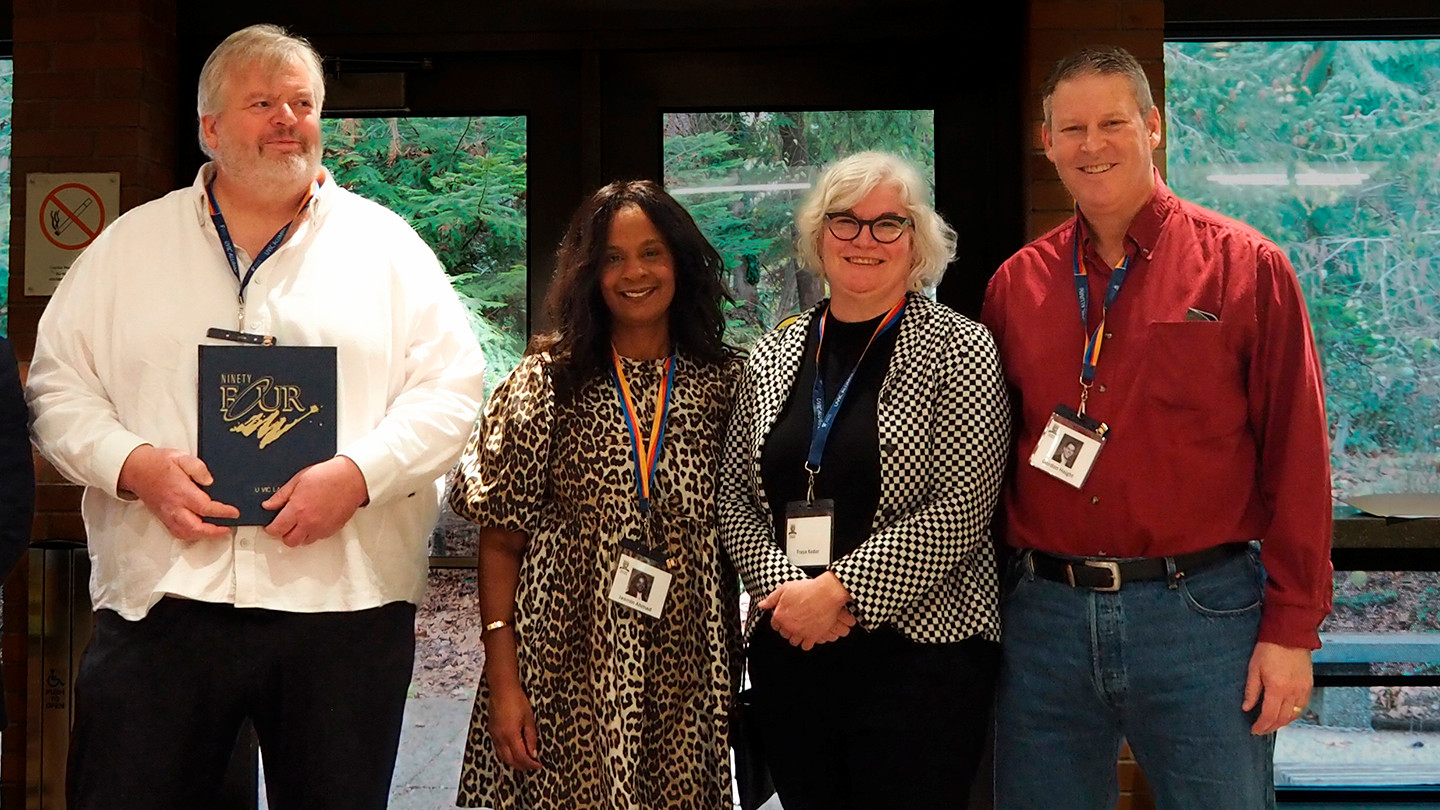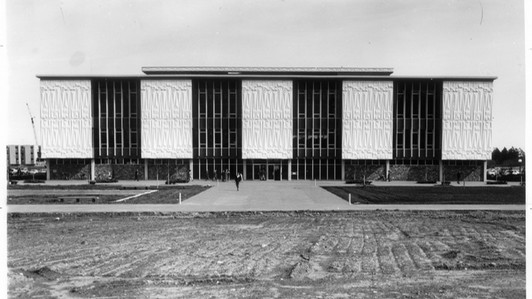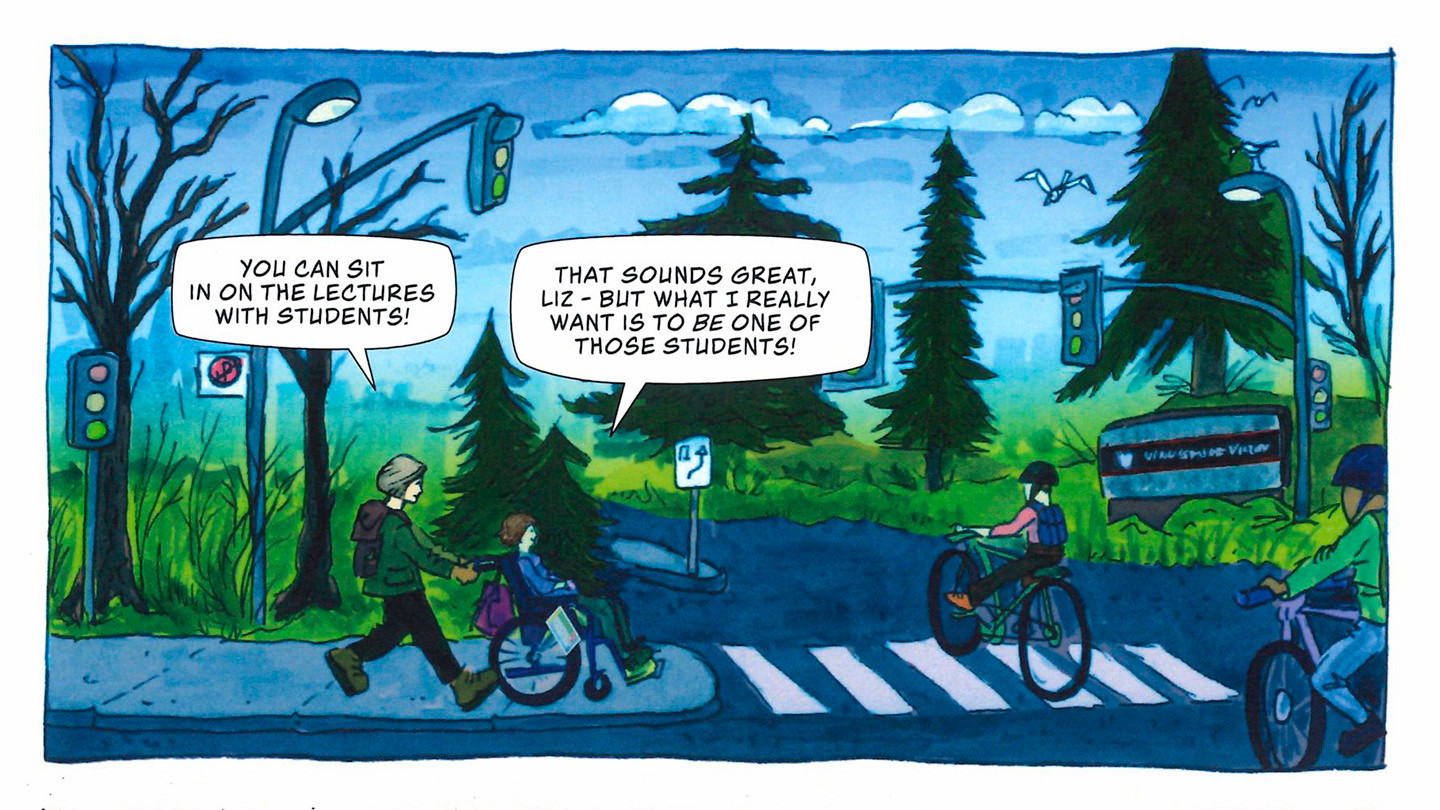Stories & news
Impact stories
Celebrating the next generation of artists supported by the Jeffrey Rubinoff Foundation
This past year, UVic's longtime partnership with the Jeffrey Rubinoff foundation expanded even further with a new donation that supports the Jeffrey Rubinoff Nexus for Art as a Source of Knowledge...
Partnering with Indigenous communities and organizations to inspire STEM futures
For more than 15 years, Science Venture has provided STEM learning opportunities right where kids live, learn and play—sparking curiosity, removing barriers and creating pathways to...
Breaking barriers: a renewable scholarship supports Indigenous student's journey to UVic
The Joyce Foundation Award removed financial barriers for Indigenous student Dani Bilozaze-Lewis, supporting her dream of studying marine biology at the University of Victoria.
Roven's pathway
Financial strain left Roven on the brink of dropping out, but her determination never wavered. A donor-funded bursary kept her on track to achieving her educational goals.
Emergency bursary helps future teacher achieve dream of graduating debt free
An unexpected injury left Jayda Konnilla unable to work and uncertain about how she would afford her final year of tuition. But when she needed it most, a donor-supported emergency bursary allowed...
View all stories about giving
Donor spotlight
A gift advancing mental health research and celebrating academic excellence
Through three new scholarships—including one in mental health and addiction—the Samit & Reshma Sharma Foundation is helping develop graduate students working in some of...
Innovative riding simulator expands access to horseback therapy
With a gift from long-time supporters Murray and Lynda Farmer, a UVic-led innovation is expanding access to the joy and healing of horseback riding for people with disabilities.
Supporting the next generation of lawyers
The UVic Law Class of ’94 celebrated their reunion by raising funds together for a meaningful student award.
60 years of the McPherson Library
How donors have helped build and enrich UVic Libraries over its 60-year history.
Supporting the next generation
UVic alumnus Georgi Ignatov, MBA ’00, who is originally from Bulgaria, built a successful supplement company. He is now helping other young entrepreneurs on their journey.
View all stories about giving
Legacy donors
Claire and Will Cupples
UVic alumni and scientists Claire and Will Cupples pledged $2 million to support a new Life Sciences Innovation Fund.
Living with intention and giving with purpose
MA grad Vivian Binnema believes it’s never too early to leave a legacy. Her planned gift to UVic reflects the values that guide her life today.
Wings on my Wheels
The graphic biography, Wings on my Wheels, memorializes the story of UVic donor Donna Pistell, who attained her dream of attending UVic to study anthropology while in her forties.
View all stories about giving













